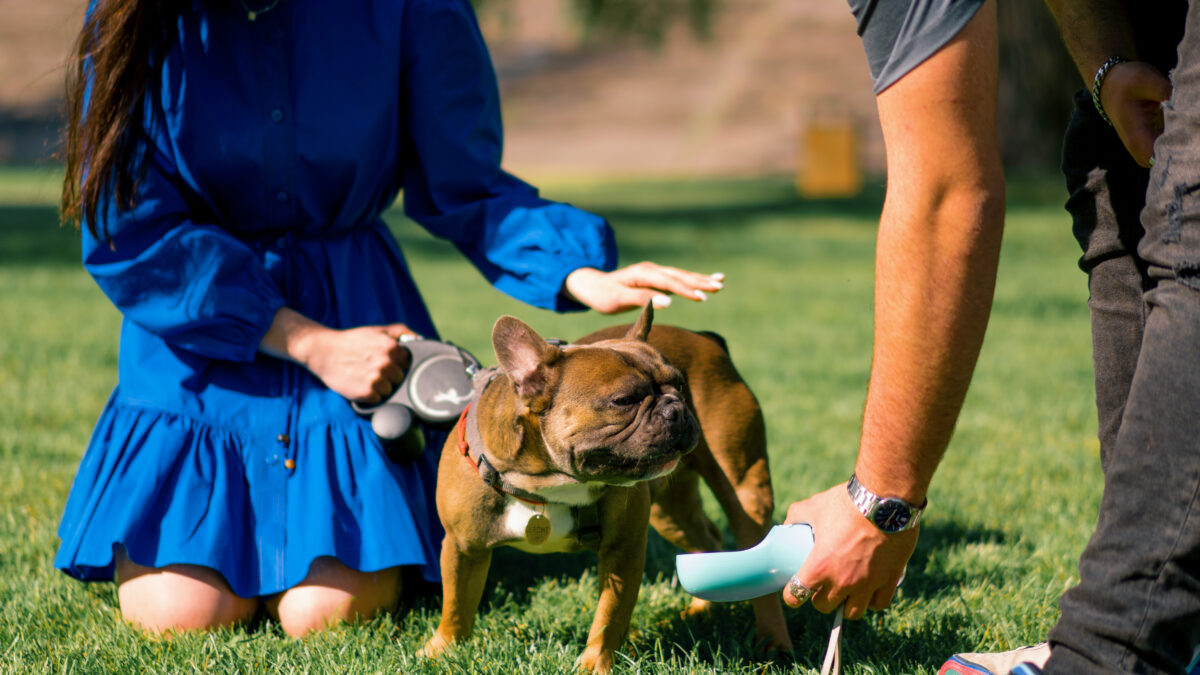Long-term dog boarding farms offer a unique environment for pets that require extended stays away from their owners. While these facilities provide essential care and accommodation, one crucial aspect often overlooked is the role of socialization. Socialization goes beyond mere interaction—it’s a vital component in ensuring a dog’s emotional well-being and overall happiness during their time at a boarding farm. In this article, we delve into the significance of socialization in long-term dog-boarding farm environments.

Understanding Socialization
Socialization is the process by which dogs learn to interact appropriately with other dogs, animals, people, and their environment. It plays a pivotal role in shaping a dog’s behaviour, temperament, and overall demeanour. Proper socialization during a dog’s formative stages (typically between 3 and 14 weeks of age) is crucial for fostering confidence, reducing anxiety, and preventing behavioural issues later in life.
Challenges in Long-Term Boarding
Long-term dog boarding can pose unique challenges, particularly in maintaining a dog’s social skills and preventing isolation-induced stress. Unlike short-term stays, where dogs may adapt quickly, prolonged periods away from their owners can lead to loneliness and separation anxiety. In this context, socialization becomes paramount to alleviate these stressors and ensure a positive experience for the dog.
The Benefits of Socialization
Emotional Well-being: Socialization provides dogs with companionship, alleviating feelings of loneliness and boredom. Interaction with other dogs and caring staff members helps maintain their emotional well-being and reduces stress.
Mental Stimulation: Engaging in social activities stimulates a dog’s mind and prevents boredom. Games, group walks, and supervised play sessions offer mental stimulation, keeping dogs active and alert.
Behavioural Development: Proper socialization promotes positive behaviour and prevents aggression or fear-based reactions toward other dogs and humans. Dogs learn appropriate social cues and develop confidence in various social situations.
Physical Exercise: Socialization often involves physical activity, such as playtime and outdoor adventures. Regular exercise is essential for a dog’s physical health and helps prevent obesity and related health issues.
Implementing Socialization in Boarding Farms:
Boarding farms can incorporate several strategies to facilitate socialization among resident dogs:
Group Play Sessions: Organized group play sessions allow dogs to interact in a controlled environment under the supervision of trained staff. These sessions promote social bonding and encourage positive behaviour.
Individualized Attention: While group activities are beneficial, it’s essential to provide individualized attention to each dog. Staff members should spend quality time with dogs, offering affection, mental stimulation, and one-on-one play sessions.
Variety of Social Settings: Exposing dogs to a variety of social settings, such as outdoor play areas, indoor lounges, and communal dining areas, helps them adapt to different environments and socialize effectively.
Behavioural Assessments: Conducting behavioural assessments upon arrival helps staff understand each dog’s temperament and socialization needs. This information allows them to tailor socialization activities accordingly and ensure compatibility among dogs.
Conclusion:
In long-term dog boarding farm environments, socialization is not merely an option but a necessity for ensuring the well-being of resident dogs. By fostering positive interactions, providing mental stimulation, and addressing individual needs, boarding farms can create a supportive social environment that mirrors the comforts of home. Ultimately, prioritizing socialization enhances the overall experience for dogs and contributes to their happiness and fulfillment during their stay.


